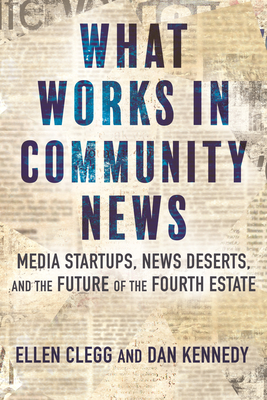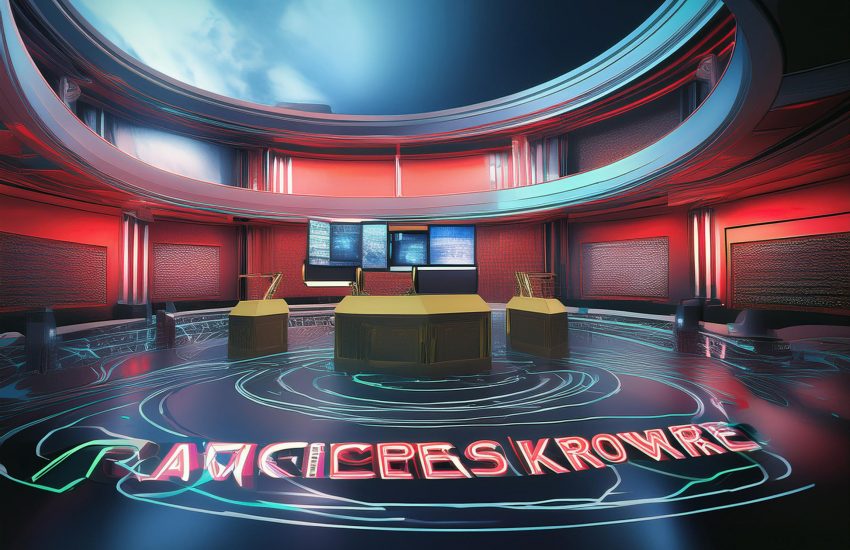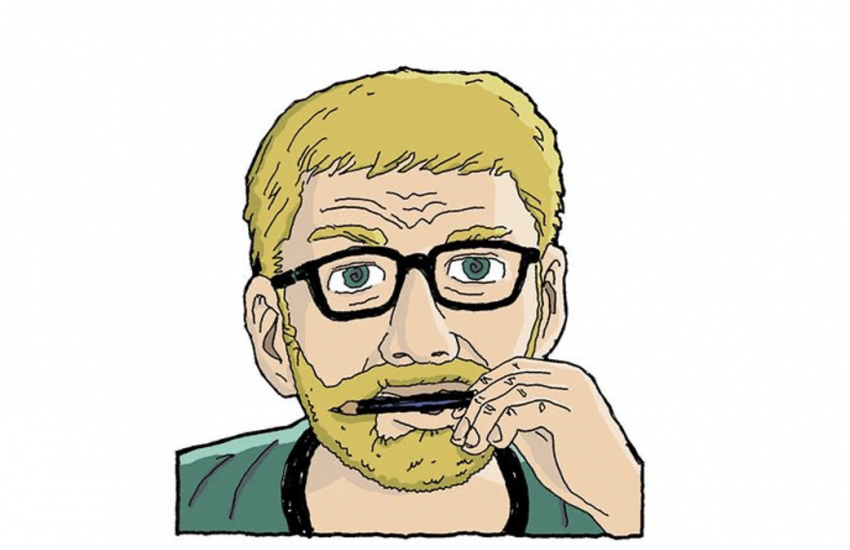What Works: How Dan Kennedy and Ellen Clegg offer solutions to the local news crisis
As local journalism continues to struggle for survival, Dan Kennedy, a veteran journalist and professor at Northeastern University, is spreading the word that there are solutions out there. Kennedy and co-author Ellen Clegg’s WhatWorks site and podcast are full of information about the local news crisis and potential solutions, as well as updates from projects across the United States. Their book, “What Works in Community News: Media Startups, News Deserts, and the Future of the Fourth Estate,” is being published by Beacon Press.
The following interview has been edited for clarity and length.
Tell us about your project, “What Works.”
Kennedy: My current project is a book about the future of local news co-authored with Ellen Clegg called “What Works in Community News.” In it, Ellen and I explore new types of local and regional independent news projects in nine different parts of the country. We are doing this in the hopes that it will serve as a template for what other people might do in their communities as they lose reliable sources of news and information.
The book is really the hub of what we do, but we also have a website at whatworks.news, where we post updates about what’s going on in local news and we have a podcast that comes out every other week [where] we interview entrepreneurs, thought leaders, anybody who is involved in the future of local news.

How did you decide to start the “What Works” project?
Well, I’ve written four books. My first one was actually a memoir about raising a daughter with dwarfism. But the next three have really all been about the future of news and how to survive in the digital age. So, this is the third in that area and I feel like I’ve developed a pretty good expertise. I’m very passionate [about] what local news can do to build civic engagement and really keep people informed about things that are incredibly important that are going on at the local level. You know, how do people know who to vote for for city council or school committee or whatever they find out through their local news projects?
How do you decide what to report on?
There are probably several hundred projects that any nine or 10 of them would have been perfectly good to profile. But we wanted to get in a variety of business models, we wanted nonprofit and for profit. We wanted to get geographic diversity. So we’ve got Bedford, Massachusetts; Newark, New Jersey; Mendocino County, California; Texas, Iowa. We also wanted to have urban rural diversity. We have projects that serve some pretty White affluent areas, and we have projects that serve urban areas and their readership is mostly part of the Black and Latino community. I have to say, I’m a little bit disappointed with where we ended up and the reason I say that is we ended up tilting more heavily toward nonprofits than I would have liked. I would have liked to get more for-profits in there.
How do you think communities can combat changes occurring within local news?
It really needs to be done in a ground-up way and every community has to come up with their own solution. One of the big problems is that the large newspaper chains that own so many of our daily papers, principally Gannett and Alden Global Capital, really don’t care about local news. They’re just trying to squeeze out the last bit of profits they can before they walk away.
The internet has really destroyed the advertising model on which most news was built. The classifieds all went to Craigslist and the display ads all went to Google and Facebook, for the most part. So, I think that a successful news organization today, and I’ll say for a nonprofit, usually consist of several different revenue streams.
What we have been finding is that a number of the for-profits work with a nonprofit, or in some cases have their own nonprofit subsidiary, and people can make tax deductible donations to that nonprofit in order to support public interest reporting at the for profit news organization. And we’re seeing that all over the place, even The Boston Globe does that to some extent. But it’s a really big part of what the smaller startups are doing.

What do you hope to achieve through “What Works?”
I think that just through our podcast and through our regular updates on what’s going on in local news, we have already managed to raise awareness about what’s going on out there and what some possible solutions are. It would be great if people in a community that is not being well-served by their current local news feed, probably because it’s owned by a corporate chain owner of some sort or if they don’t have anything at all, can look at some of the projects that we did and say, ‘You know, that looks like something that we could do,’ and ‘Let’s learn about it and try to apply it in our community.’ The tiniest project that we looked at is right in our backyard in Bedford, Massachusetts, started by three volunteers, and eventually they were able to start raising money, getting some grant money and today it is a paid professional site.
What advice do you have for any new journalists working in local news?
Local news used to be where newly graduated journalism students went immediately. So many of those papers –– and I always talk about papers, but of course, a lot of the projects that Ellen and I are looking at are digital only –– are no longer around or they’re zombie papers that don’t really hire people anymore. I think that if they want to try to work in local news, they should try to connect with some of these new digital startups. You really need to be plugged into those networks and take advantage of the opportunities when they come up.
I’ll tell you where my biggest concern is. It’s not so much that first job, it’s the second job. It’s harder to move up to a higher paid position. I would love it if people would just spend their careers in local news, I think it’s wonderful. But at the same time, it really doesn’t pay all that much. If you’re going to stay in journalism, you really do need that career ladder and an opportunity to move up into something that pays a little better. And that’s become harder and harder.





